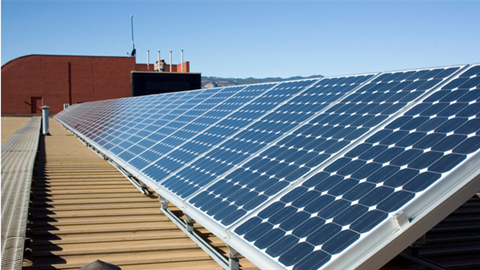Aquila Capital, part of Aquila Group, an investment and asset development company, has reported success with its infrastructure strategy.

Aquila Capital said that the Aquila Capital Infrastructure Fund (ACIF) exceeded €500 mln in capital commitments in the second quarter of 2023.
The fund was thus able to record further capital inflows in a challenging fundraising environment, and further growth is expected going forward.
Contributing to the continued interest of investors is the fact that infrastructure in 2022 proved that the asset class can generate value in times of high inflation and other macroeconomic and political disruptions, Aquila reported.
Despite rising inflation, increasing interest rates and continued macroeconomic uncertainty, infrastructure investments recorded a clear increase in value last year, with the ACIF achieving an even stronger growth than the infrastructure index EDHEC Infra 300.
In contrast, listed asset classes suffered substantial declines – both global bonds and global equities recorded a negative performance in a significant double-digit percentage range.
Infrastructure thus evidenced its low correlation to macroeconomic parameters and listed asset classes under real conditions in a challenging environment.
Infrastructure appeal
Christian Brezina, head of diversified infrastructure & multi asset investments at Aquila Capital, said: 'In addition to adequate returns, protection against macroeconomic risks plays an important role for infrastructure investments.
'Firstly, many infrastructure assets have a low correlation with the economic cycle, which effectively protects investors from economic downturns.
'Secondly, debt financings at asset level can be hedged against rising interest rates, which means security in view of central banks’ currently more restrictive monetary policies.
'And thirdly, investments in renewable energy infrastructure, for example, can provide protection against inflation, as energy price rises exceed the overall economic inflation rate both in the long term and at present.
'For our fund, this means: more than 90% of the assets in our portfolio are either unaffected by rising inflation or even benefit from it.'
Looking forward, further private capital is likely to flow into the infrastructure sector, Aquila reasons. Since government spending will not be sufficient to cover the backlog demand for infrastructure investments, an increasing involvement of private investors will be required.
In addition, megatrends such as the exponential growth of global data volumes, the expansion of renewable energies or the increasing demand for charging infrastructure in the context of e-mobility are providing impetus in selected infrastructure market areas.
ACIF results
ACIF pursues a defensive strategy and focuses on core and core+ infrastructure investments. It is diversified across all relevant sectors such as transportation, power generation, utilities, telecommunications and social infrastructure.
As of 30 June, about 30% of the portfolio was made up of direct or co-investments, mainly in renewable energy projects. Approximately 70% consisted of investments in broadly diversified target funds.










